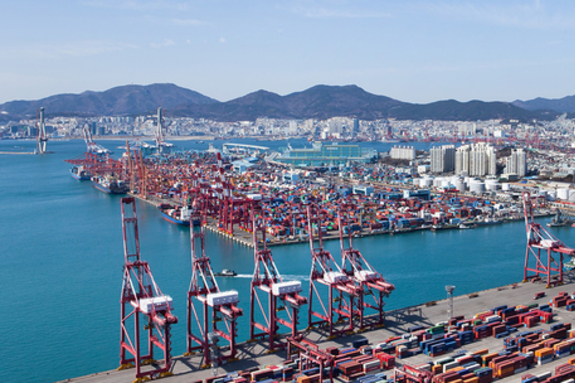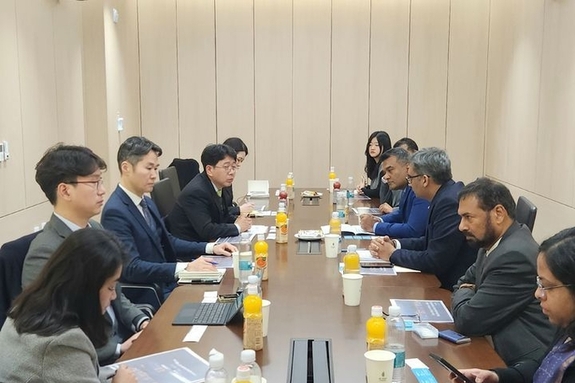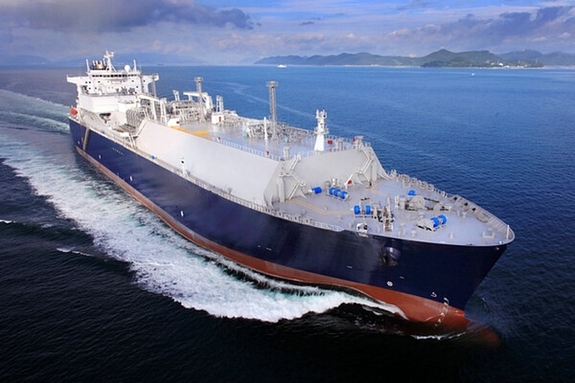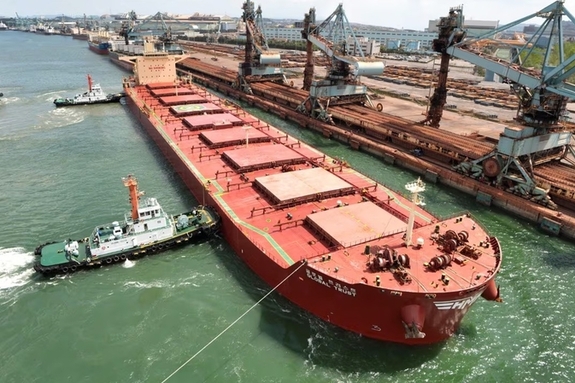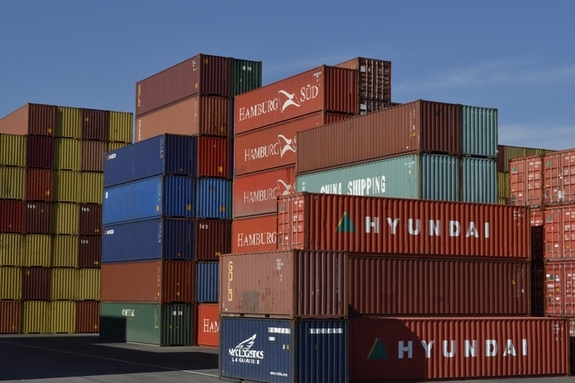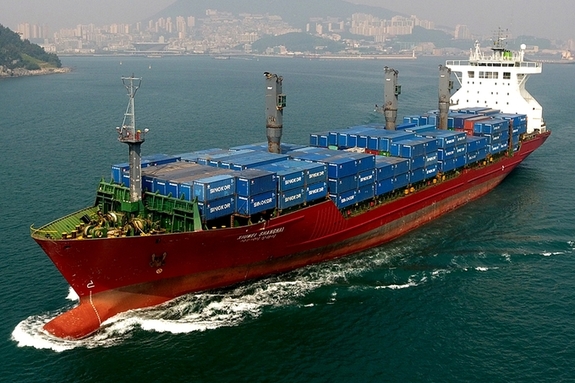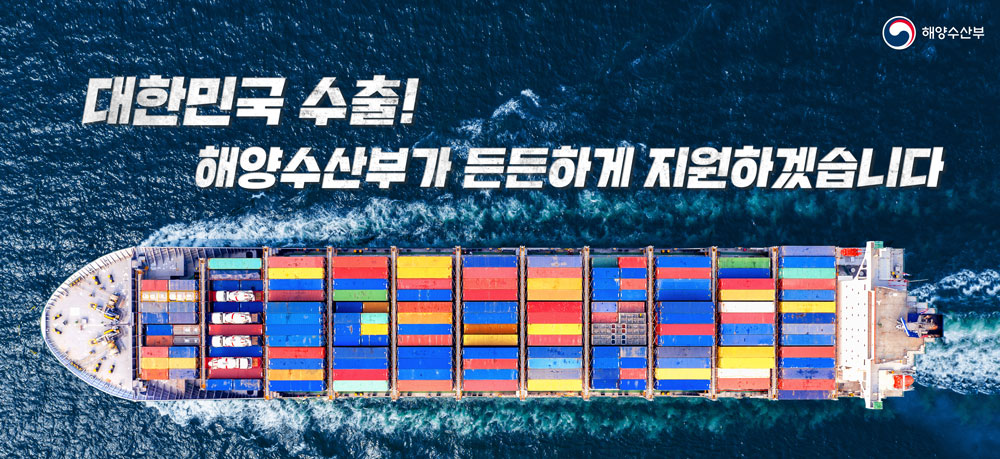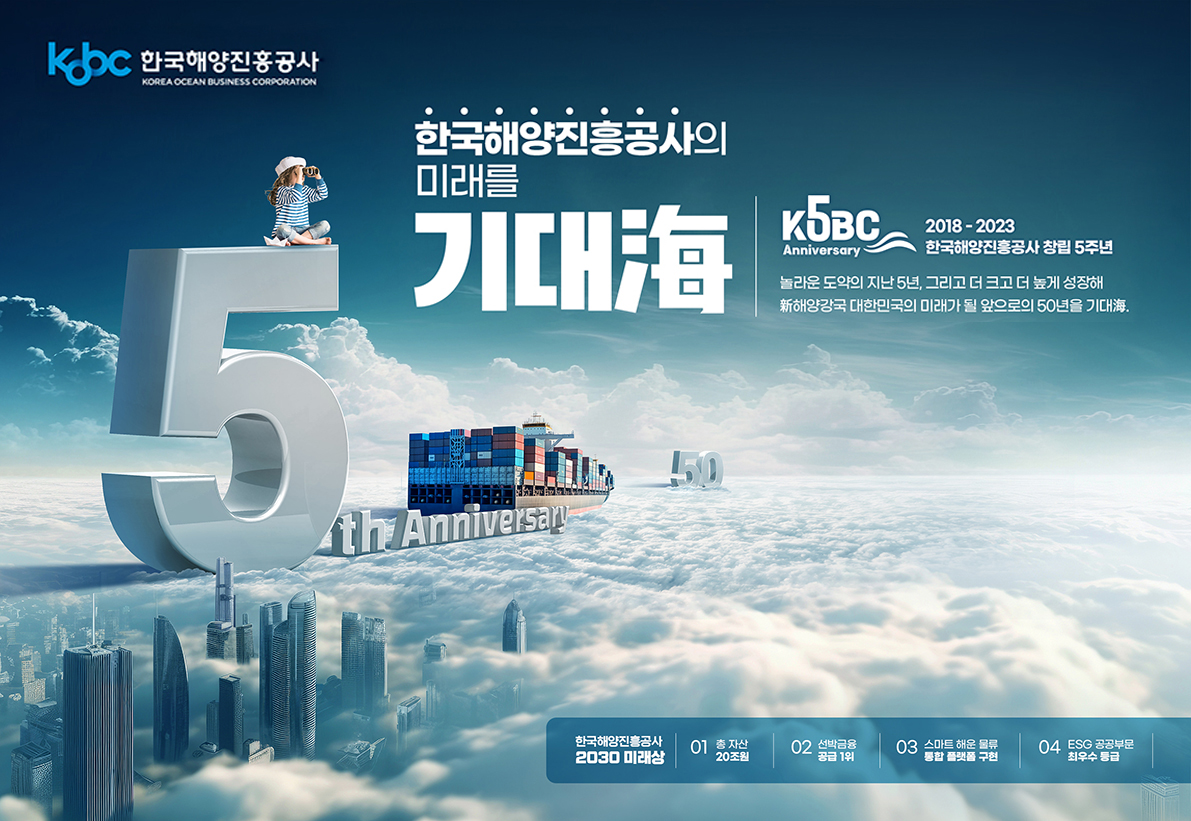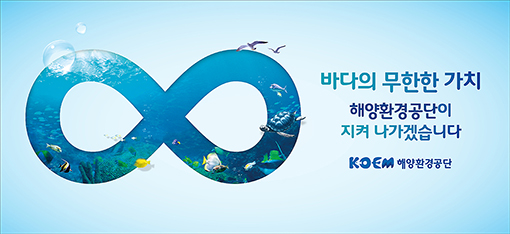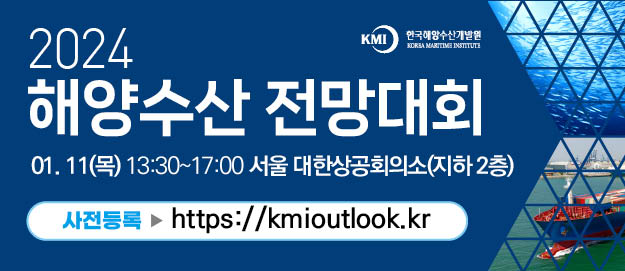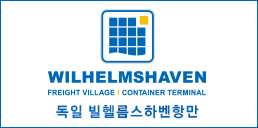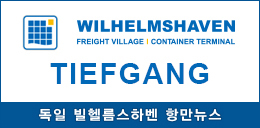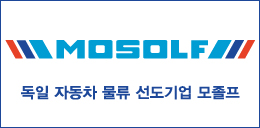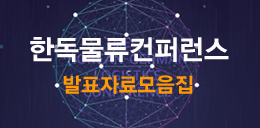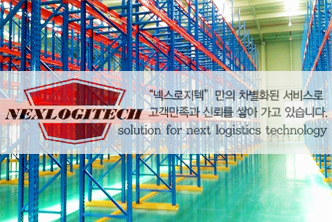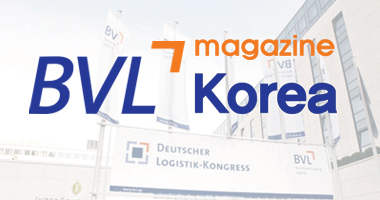해운
해운업계, 톤세 연계 부산 이전 논의에 촉각
△부산항 전경. [사진=부산항만공사] 정부가주요 해운사의 본사 부산 이전을 촉진하기 위해 톤세를 활용한 세제 인센티브 방안을 검토하고 있다. 부산으로이전하는 선사에 보다 안정적인 제도 적용을 보장하는 방안이 거론되면서, 해운업계에서는 정책 유인과 조세형평성 사이의 균형을 둘러싼 논의가 이어지고 있다. 23일 해운업계에 따르면 해양수산부는 해운사 부산 이전을 유도하기 위한 정책 수단 중 하나로 톤세 제도의 운용 방식을다각도로 검토 중이다. 구체적으로는 부산으로 본사를 이전하는 선사에 대해 톤세 적용의 예측 가능성을높이거나 제도 안정성을 강화하는 방안이 논의되고 있는 것으로 전해졌다. 다만 제도 개편 여부와 적용방식 등은 아직 확정되지 않은 초기 검토 단계라는 설명이다. 톤세는선사의 실제 영업이익이 아닌 보유·운항 선박의 순톤수(nettonnage)를 기준으로 과세하는 특례 제도다. 우리나라는 2005년 이를 도입해 해운업의 시황 변동성을 반영한 과세 체계를 마련했다. 해운업은호황기와 불황기의 격차가 큰 산업 특성을 지니고 있어, 일정 공식에 따라 과세표준을 산정하는 톤세제는장기적 경영 안정성을 높이는 장치로 평가돼 왔다. 다만 우리나라는 5년마다 제도 존치 여부를 재검토하는 일몰제를 적용하고 있다. 이에따라 해운업계에서는 제도 지속성에 대한 불확실성이 존재한다는 지적이 제기돼 왔다. 반면 영국, 노르웨이, 그리스 등 주요 해운 선진국들은 톤세제를 상시 제도로운영하며 자국 선사의 조세 경쟁력을 뒷받침하고 있다. 이번 논의는이러한 톤세 제도의 안정성을 부산 이전과 연계할 수 있을지에 초점이 맞춰져 있다. 정부는 지역 이전기업에 대한 인센티브 제공 차원에서 다양한 세제 지원 방안을 검토하고 있다는 입장이다. 다만 톤세는조세특례제한법에 근거한 제도인 만큼, 적용 범위나 구조 변경에는 입법 절차가 수반된다. 이 때문에 업계에서는 실제 제도 개편으로 이어질 경우 상당한 정책적 논의가 필요할 것으로 보고 있다. 일각에서는부산 이전 여부에 따라 제도 운용의 안정성이나 적용 조건이 달라질 가능성이 거론되면서, 기업 경영 전략에영향을 미칠 수 있다는 분석도 나온다. 한 해운사 관계자는 “톤세는글로벌 운임 경쟁력과 직결되는 요소”라며 “제도 운용 방향에따라 중장기 투자 계획에도 변수가 될 수 있다”고 말했다. 다만그는 “아직 구체적인 정부 방안이 제시된 것은 아니다”라고덧붙였다. 노사 갈등도변수다. 국내 대표 원양 컨테이너 선사인 HMM의 노동조합은조합원 동의 없는 부산 이전 추진에 대해 신중한 입장을 유지하고 있다. 노사는 지난해 말부터 이전 문제를놓고 협의를 이어가고 있으나, 직원 주거 이전과 가족 생계 문제 등 현실적 쟁점에서 입장 차가 있는것으로 알려졌다. 해운사부산 이전은 이재명 대통령의 주요 국정 과제 가운데 하나다. 이 대통령은 해운·물류 중심지인 부산에 정책적 지원과 산업 집적 효과를 결합해 해양산업 생태계를 강화하겠다는 구상을 밝혀왔다. 선사 본사와 정책 금융, 해사 중재, 인력 양성 기능을 집적해 시너지를 창출한다는 전략이다. 이에 따라해양수산부와 부산시, 한국해운협회는 다음 달 ‘해운선사 부산이전을 위한 이전지원협의회’를 구성하고 구체적 지원 방안을 논의할 계획이다. 해운협회는 최근 회원사를 대상으로 본사 부산 이전 의향을 묻는 공문을 발송했으며, 회신 결과를 토대로 업계 의견을 종합할 방침이다. 해양수산부관계자는 “부산 이전에 대한 확실한 인센티브를 제공하기 위해 다양한 정책 수단을 검토하고 있다”며 “톤세 제도 역시 여러 방안 중 하나로 살펴보고 있으나, 아직 구체적으로 결정된 사안은 없다”고 밝혔다. 톤세라는핵심 조세 제도를 지역 이전 정책과 어떻게 연계할지에 따라 해운 산업의 경쟁 구도와 지역 균형 발전 전략에도 적지 않은 영향을 미칠 것으로 전망된다. 정부의 세부 설계와 업계·노동계의 수용 여부가 향후 논의의 분수령이될 것으로 보인다.


